Tobias Risse just published the first global quantitative study of the relationship between states’ level of liberal democracy and their support for arms control. He argues that while democracies tend to be more supportive of conventional arms control, they are only more supportive of nuclear arms control when such agreements are initiated by other democracies.
As a result, democratic states back conventional arms control regardless of who designs the measure, but in the nuclear realm, they are more favorable toward initiatives from fellow democracies and less favorable toward those from non-democracies. According to Risse, this difference stems from the way democratic institutions and norms promote cooperation on conventional weapons while fostering selective trust in nuclear negotiations.
He tests these expectations using a new measure of arms control preferences based on UN General Assembly voting data from 1994 to 2016, combined with manual coding of 1,178 resolutions and data on co-sponsorships. The analysis shows a robust positive link between democracy and support for conventional arms control, no overall link for nuclear arms control, and a strong moderating effect of democratic co-sponsorship in the nuclear domain.

